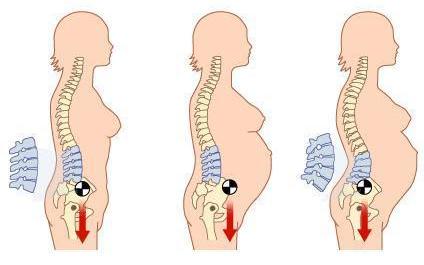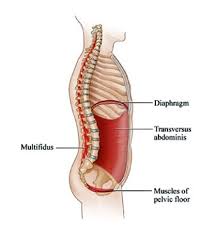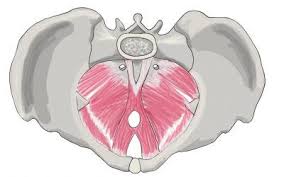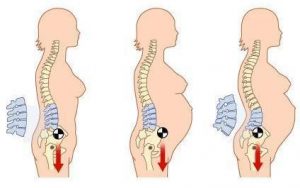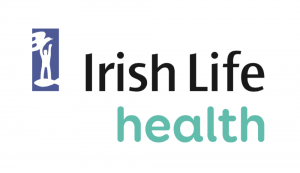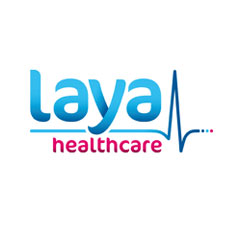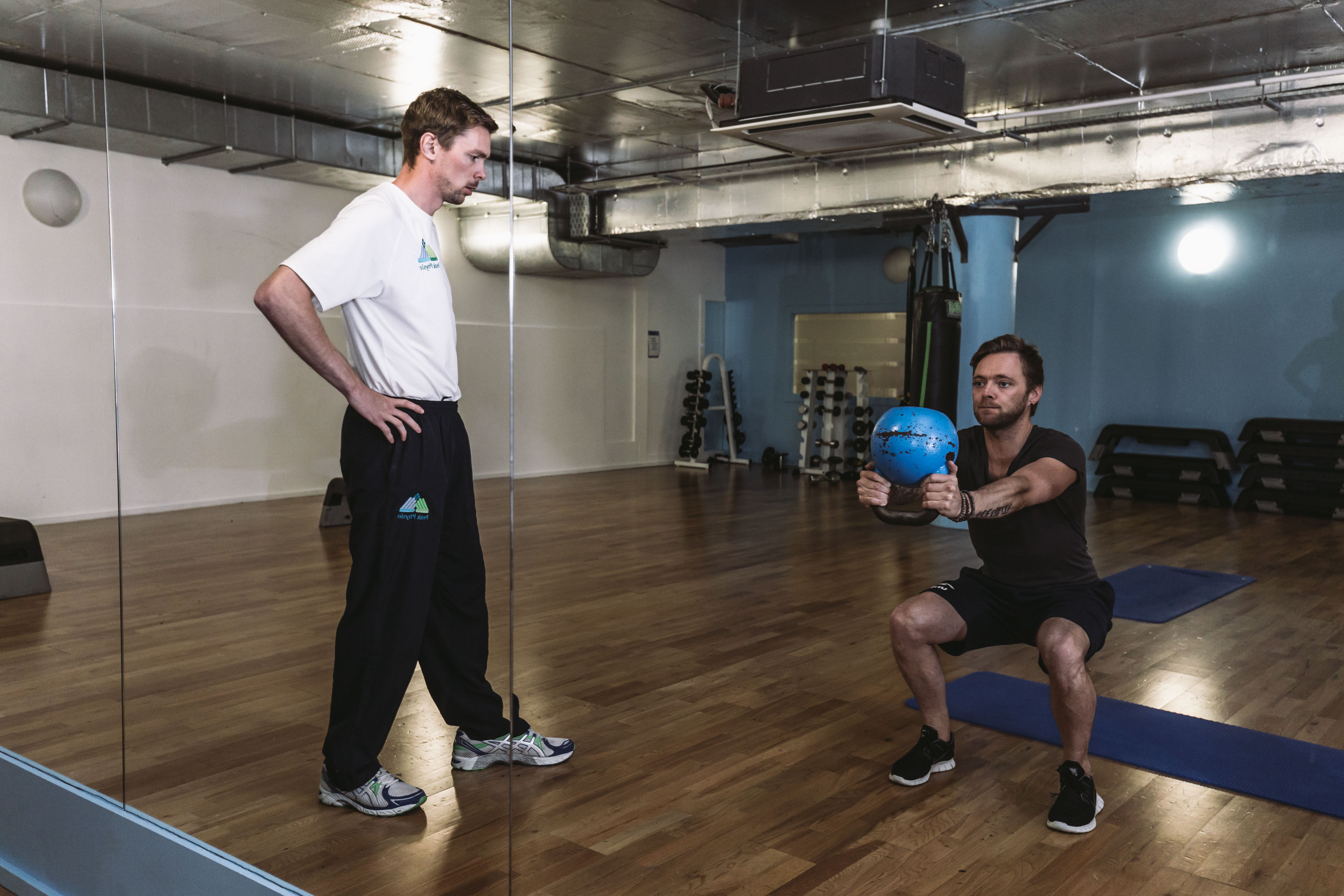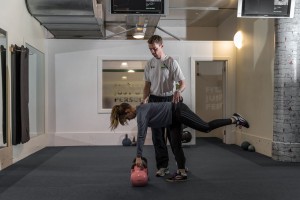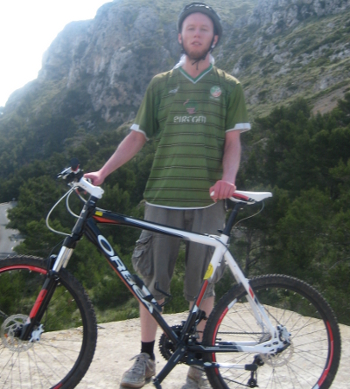Antenatal Pilates
Exercising during pregnancy offers many benefits to both mother and baby! Research has shown that exercising during the prenatal period can enhance your baby’s growth and development, while improving both yours and your baby’s cardiovascular health.
Pilates is a safe form of exercise to do at any stage of your pregnancy. It has been shown to help women cope with the physical and psychological changes during and after pregnancy, while also enhancing your recovery after childbirth.
Our Core
In Pilates, our core is known as the ‘Powerhouse’. When talking about the core, we are referring to a group of muscles making up the deep abdominal musculature which supports and stabilises the spine. This includes your Transverse Abdominis and Multifidus muscles, Pelvic Floor musculature and the Diaphragm.
Prenatal Pilates is targeted at building and reinforcing this support system to minimise the adverse effects of the physical and postural changes during pregnancy
Effects of Pilates in Pregnancy
Pelvic Floor Muscles
The Pelvic Floor is a group of muscles connecting from your pubic bone to your tailbone, forming the ‘floor’ of your pelvis. This muscle group contributes to continence, breathing, pelvic stability and helps to support abdominal organs.
During the prenatal period, the pelvic floor can become weakened due to weight gain, change in pelvic alignment and increase in uterine and abdominal size. The pelvic floor musculature responds to exercise training just like any other muscle group so cannot be neglected, especially in pregnancy. When training these muscles it is important to learn how to correctly activate them but also how to relax them fully to allow for optimal function.
Pilates is a great way to enhance pelvic floor muscle function due to its synergistic relationship with both the deep spinal stabilisers and the diaphragm as a component of the ‘Powerhouse’.
Spine
It has been reported that the spine is the body part that suffers most changes during pregnancy. One such change being an increase in spinal curvature due to uterine and abdominal growth, pelvic rotation, hip position, weight gain, fluid retention and ligament laxity as a result of hormonal changes. These factors together contribute to the increased prevalence of low back and pelvic pain during pregnancy. Most women experience some form of musculoskeletal discomfort during pregnancy, the most prevalent being low back pain, affecting up to 50% of pregnant women.
Pilates teaches you to activate your Powerhouse which helps contribute to spinal support and stability, minimising the risk of developing low back and pelvic pain or helping you overcome this pain.
Abdominal Muscles
Almost all women experience a separation of the Rectus Abdominis muscle in the third trimester of pregnancy. This is due to the increased abdominal girth and hormonal changes affecting the connective tissue between the Rectus Abdominis muscles (Linea Alba). This separation is known as Diastasis Rectus Abdominis (DRA). Some level of separation is inevitable towards the end of pregnancy, however, natural resolution occurs for up to 8 weeks after delivery.
Exercise, including Pilates during the antenatal period has been shown to reduce incidence of DRA and enhance recovery of the Rectus Abdominis postnatally. Strengthening of the deep abdominal muscles, in particular the Transverse Abdominis, reduces the stress placed on the Linea Alba during and after pregnancy. This enhances postnatal recovery and allows women to return to their usual social and physical activities quicker following birth.
Other important benefits of Pilates in pregnancy include:
- Preparation for labour through breathing control and positions of ease
- Increase in upper limb and gluteal muscle strength
- Improved posture and postural awareness
- Maintain and improve mobility and movement efficiency throughout pregnancy
- Improved psychological well-being through social interaction, stress management and relaxation
Guidelines to doing Pilates during Pregnancy
- Stay hydrated
- Take time changing positions
- Limit time spent lying flat on your back especially during the 2nd and 3rd trimester
- Stop exercise if you experience abnormal pain, bleeding, dizziness or headache
- Always exercise at your own pace; if you feel an exercise is causing you pain or making you breathless, work at a slightly lower level or avoid that exercise completely
- Respect that your body is going through some major changes and allow yourself time to relax and focus on deep breathing
- Enjoy! Pregnancy is one of the most significant times in a woman’s life and Pilates can help you adapt to these physical and psychological changes as comfortably possible
read more

